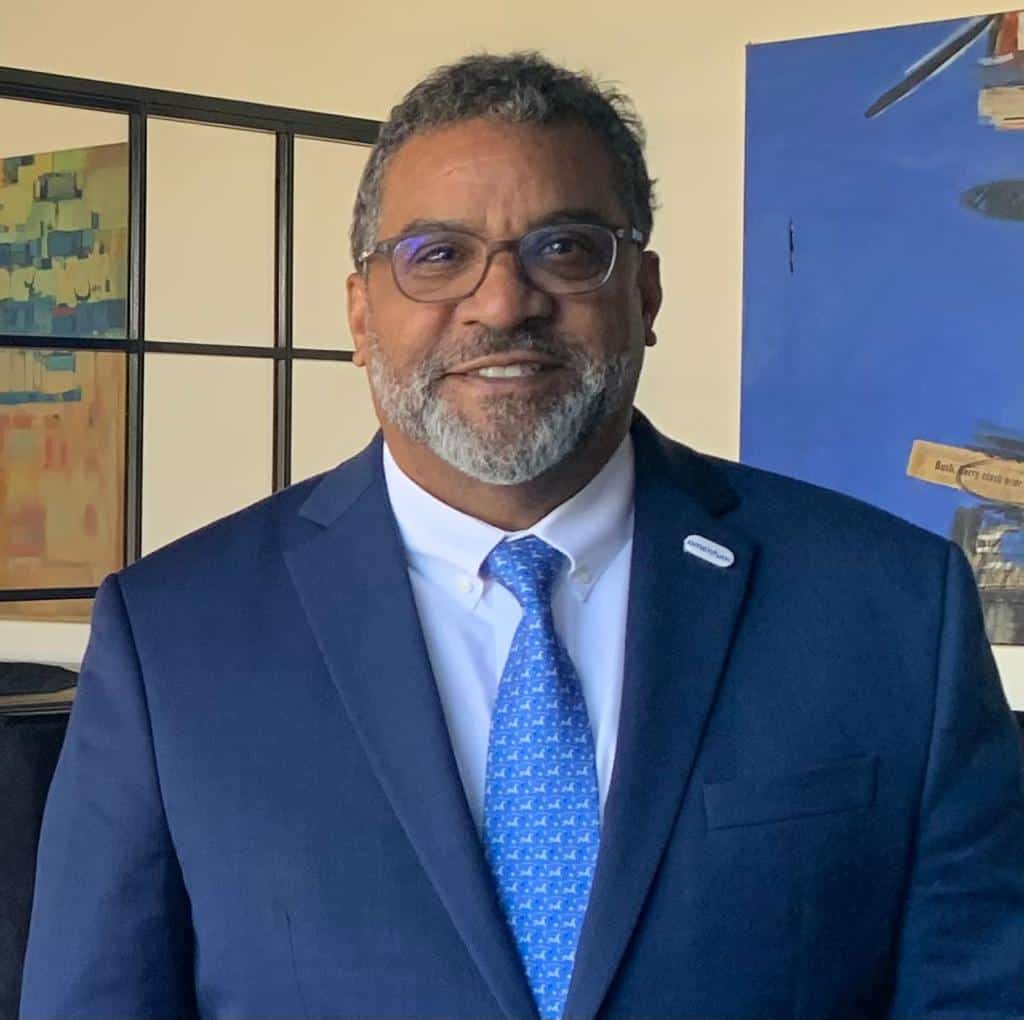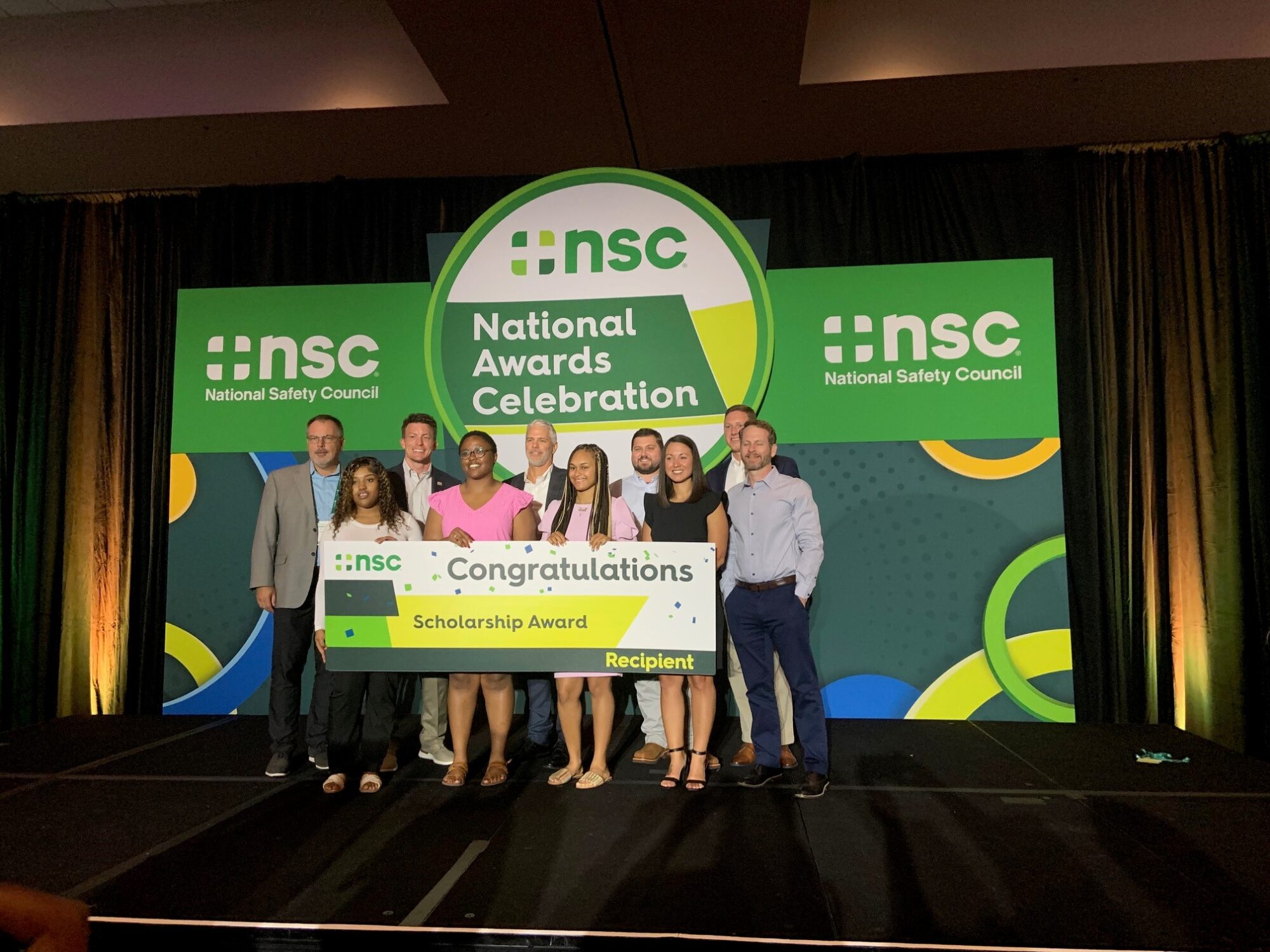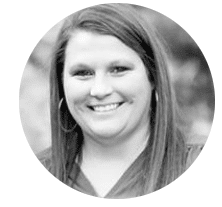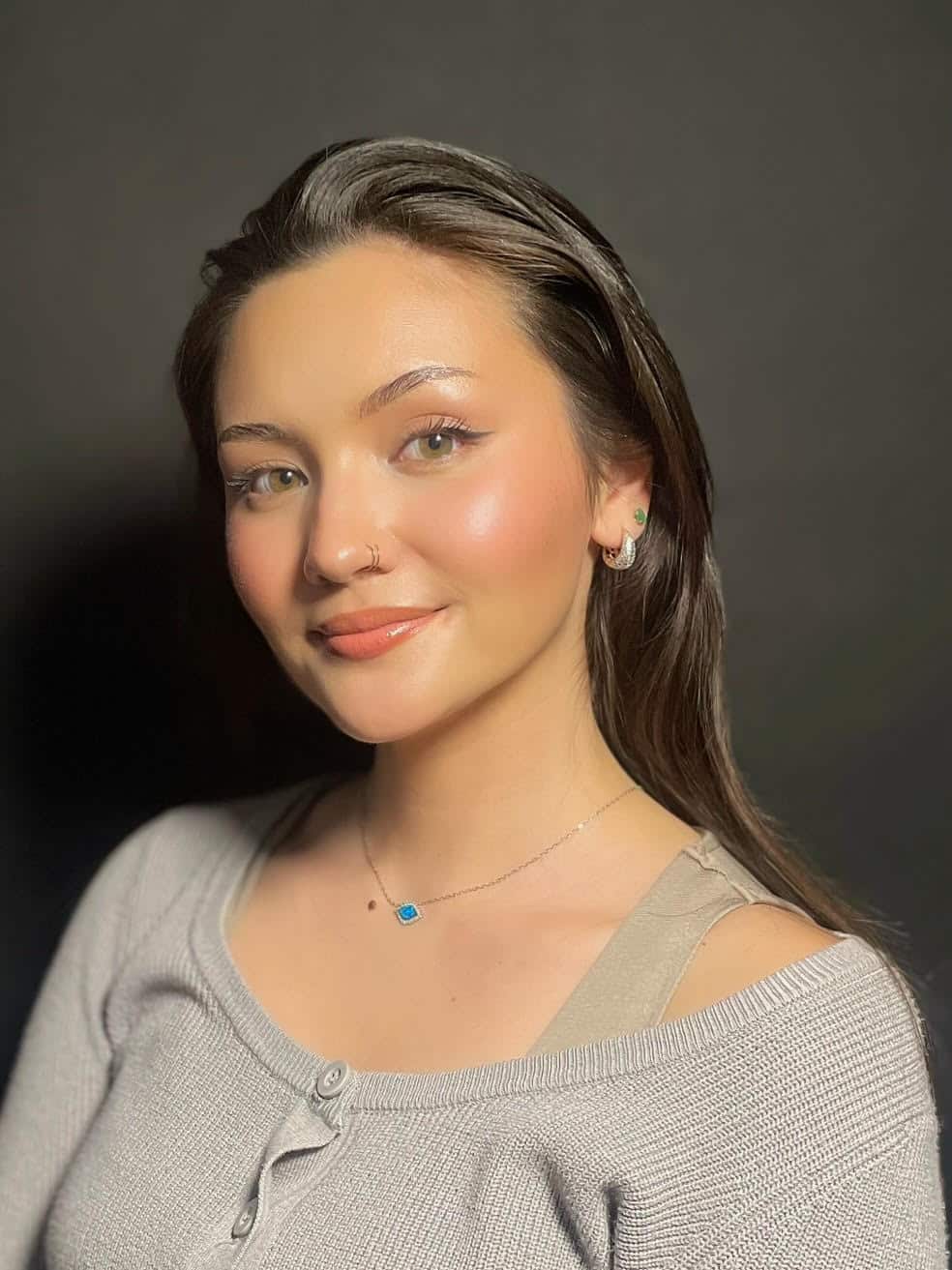At Amentum, we celebrate our people, our cultures, and we recognize the value of diversity and inclusion. For February, we’ll reflect on what Black History Month means to all of us while shining a light on one employee at a time. Amentum’s first spotlight is a Q&A with Bryan Roberts, VP, Business Development, Critical Missions.
Are you a veteran?
Yes. I was commissioned a Second Lieutenant of Armor and Cavalry in 1983 through ROTC at Eastern Michigan University. I went to Eastern Michigan on a full scholarship from my hometown of Hampton, Virginia to play football – not really for school. I realized pretty quick that I wasn’t going to play professional football, so I decided to follow in my father’s, brother’s, and sister’s footsteps and join the Army. I had no intention of staying in the Army for 30 years – it just happened. I had great leadership positions and served with the best group of heroes in the world – the American soldier. I also enjoyed the support we received from great Army families and the American populace – particularly when we deployed overseas. I served in a variety of command and staff positions – United States, Germany, Bosnia, and Iraq (3 times). I enjoyed the leadership positions I was fortunate to be selected for which includes Commanding General of the United States Army’s largest training center – Fort Jackson where we train 36,000 soldiers a year, Deputy Commanding General at the United States Army Recruiting Command enlisting 60,000 young Americans annually, and commander of the 2nd “Black Jack” Brigade Combat Team, First Cavalry Division during hurricane Katrina rescue operations (New Orleans) and Operation Iraqi Freedom conducting combat operations in Baghdad for 15 months. For me, it’s all about leadership.
How did you come to join Amentum?
I retired from the Army in 2014 and went to work right away for my best friend’s Small Minority, Veteran-Owned engineering company as director of business development. I learned a lot about business development there. However, I had Army buddies working for DynCorp who encouraged me to come work “with” them on the international business development team. They were traveling and working with foreign armies which sounded cool; and it was a natural fit because while in the Army, I worked foreign military sales in Iraq. I interviewed and the rest is history. The transition from DynCorp to Amentum has been smooth for me. I’m doing the same work I did at DynCorp – foreign military sales and with Amentum, we have a lot more/diverse capabilities to offer our partner countries.
What is your professional and personal background?
My father was an Army officer stationed in Germany where I was born. He was a logistician; I guess that’s where I got my passion for maintenance and logistics. At two years old, we moved from Germany to Hampton, Virginia where I grew up. Both of my parents graduated from Virginia State University, a Historically Black College and University (HBCU).
I went to Phoebus High School which was very influential period of my life. I played football and ran track. My coaches where tremendous role models. I was in the school band since junior high and played the trumpet. I loved the jazz band and marching in parades. I still play at church from time to time. That’s a passion.
We have three adult children who are all doing their thing – proud of them.
Describe the work you do and how you think it makes a positive impact.
Critical Missions supports our U.S. Military in a multitude of ways; all of which ensure people, unit, ground vehicle, and aircraft readiness. We enable Soldiers, Sailors, Airmen, Marines, and Coastguardsmen to do their jobs at a very high level for our nation. We help make them ready!
I work our Foreign Military Sales (FMS) portfolio. Through FMS, we ensure our allies have the equipment they need to protect themselves and are ready to conduct operations alongside American forces if necessary.
What are some of your accomplishments and/or what has been your proudest career moment?
Transitioning from the Army to civilian business was a big accomplishment for me. Transitioning from the Army to civilian sector isn’t necessarily that easy. Picking the right job after a military career is key to transition success.
My proudest moment is winning my 1st contract at Amentum – support to the Peshmerga military in Iraq.
What do you enjoy about working for Amentum?
I enjoy the autonomy I have and the trust my leadership has in me to do my job and represent Amentum worldwide.
What are you passionate about?
It might sound simple but I’m passionate about working with people of different ethnicities, cultures, backgrounds, and strengths and weaknesses. I’m passionate about teamwork, people, and leadership.
What’s your career advice?
Perseverance is critical. It’s not always easy.
Find a job doing something you’re passionate about. Might not happen immediately but make that a goal – you’ll be better and happier. Understand where the organization is going and make yourself a part of the plan. Listen, watch, learn. Do what your boss wants you to do. Keep learning and get better at your job. When it’s no longer exciting, it might be time to find another job.
What does safety mean to you or do you have a favorite safety tip?
My favorite safety tip is “Keep Your Head on a Swivel.” Probably an Army thing. It’s important to constantly be aware of your surroundings and everything happening within our dynamic environment to prevent accidents.
What’s the best invention in the world and why?
Two: the light bulb and the telephone. Although he didn’t discover either, Lewis Latimer (a black man) was directly involved. The telephone – Lewis Latimer helped draft the patent for Alexander Graham Bell’s design of the telephone. Lewis Latimer also improved Thomas Edison’s original light bulb invention by patenting the use of a carbon filament which made possible the widespread use of electric light in public and in homes.
Anything else you would like to share from a personal or professional perspective?
There are diversity and inclusion months throughout the year – not just Black History Month. Take time to broaden your horizon during these months. It’s important to understand our “People Ecosystem.”
What does Black History Month mean to you?
I learned a lot about black history growing up because my father was a history teacher and my mother an elementary school teacher. They introduced black history in our house and in their classrooms. I remember helping my mother make bulletin board materials for Black History – both school and church. So, I learned from that. My father liked to “stump the chump” with black history questions. Wasn’t beat into us – but we were exposed to our heritage at a young age at home. Black history wasn’t in textbooks or taught in the classroom. I’ve learned it over time; and continually doing so. To me Black History Month means I’m part of an ethnic group/race that’s important enough in American history to be celebrated and highlighted. It’s an opportunity to showcase and recognize the achievements, contributions, culture, and sacrifices. I also think monthly observances helps unite us – the more you know about the person on your left or right the more effective you’ll be, particularly as leaders. It’s important to celebrate the accomplishments and contributions of all Americans.










